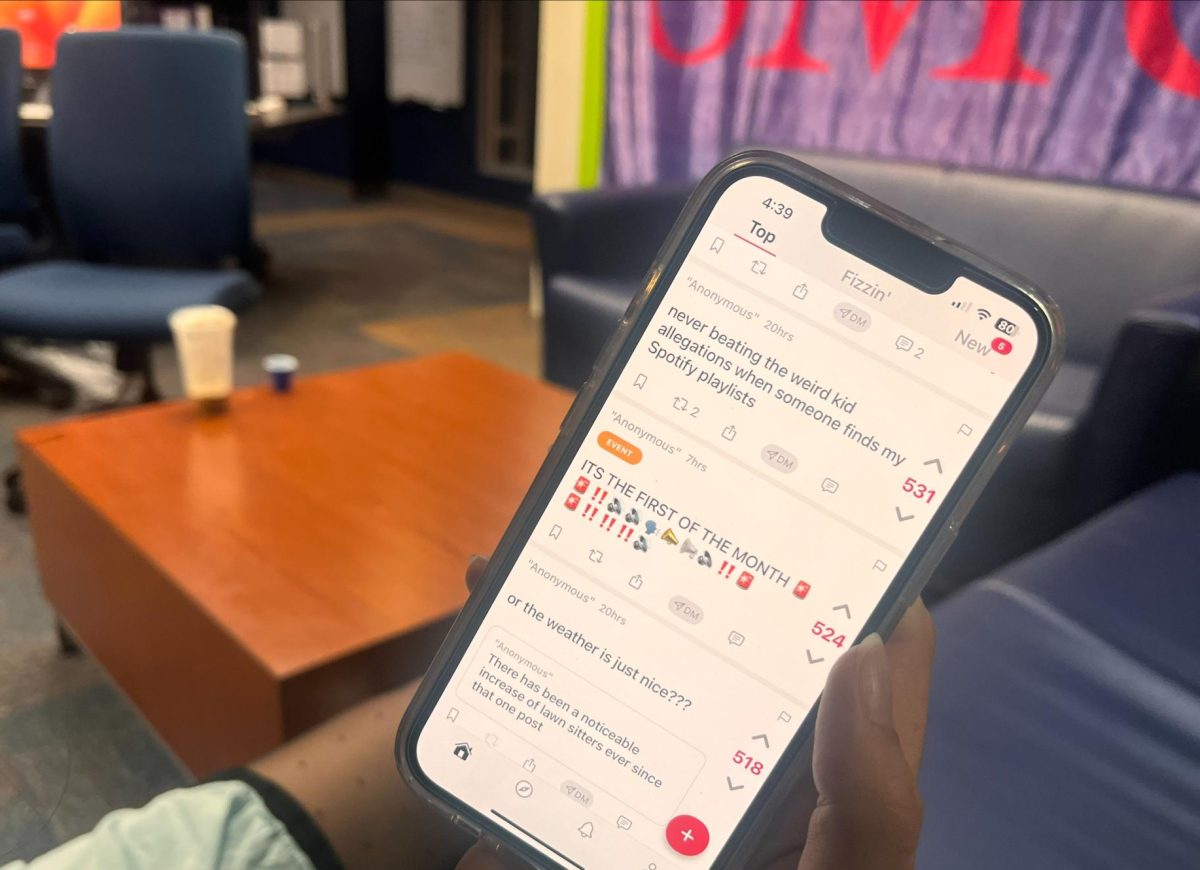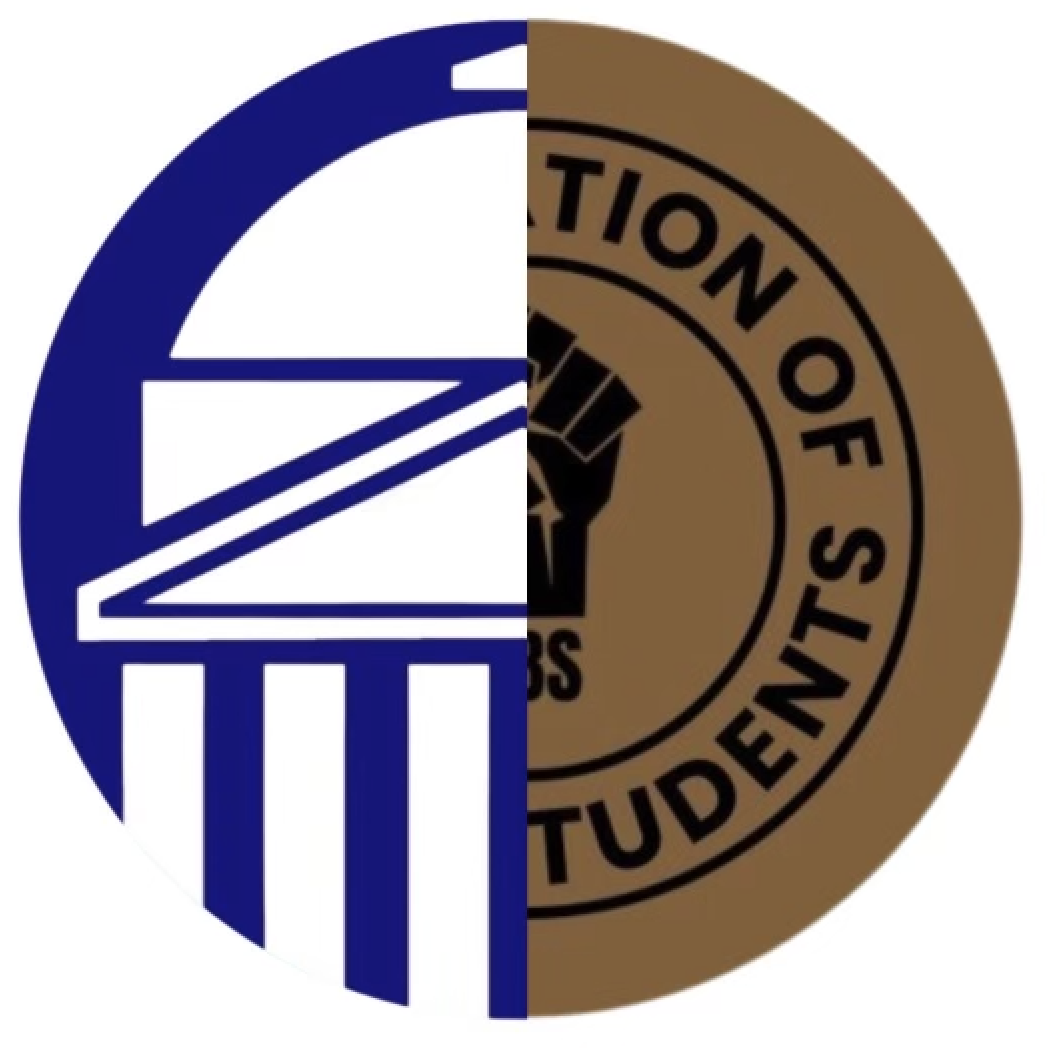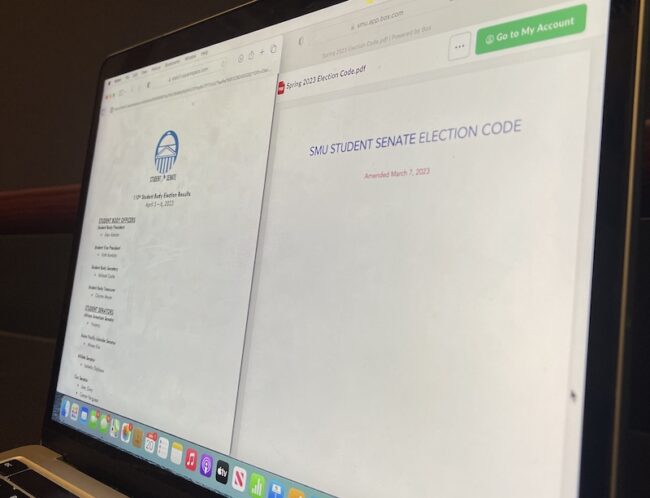“If I went with a megaphone on Dallas Hall Lawn and just started reading things off Fizz, I would probably get arrested pretty quickly,” said SMU’s secretary and co-author of Senate’s recent proclamation, Michael Castle.
SMU’s Student Senate addressed the controversial forum-based social media app Fizz, where students post anonymously, in an official proclamation last week. The proclamation hopes to address the harmful effects that Fizz can have on students’ mental health, and bring more awareness to the negative side of the app.
The app’s website says its purpose on college campuses is to “connect authentically with your peers.”
Kate Larsen, a junior from Fresno, California, agrees that connection is a part of the app’s function.
“The app has kept me updated on things happening on campus,” Larsen said.
The app became a pressing issue and topic of discussion in the Senate’s chambers early this year, Castle said.
Secretary Castle said the app enables harmful speech.
“There have been issues with Fizz since the beginning of the school year, ranging from organizational attacks to personal attacks to vulgar language,” Castle said.
The discussion turned into action when Castle and other Senate leaders went to the SMU Office of Information Technology on campus to learn more about the steps they could take.
Limiting students’ free speech is not a goal of the proclamation, Castle said.
Castle discovered an SMU student who is an active Fizz moderator. The student asked to remain anonymous in this story for professional and safety reasons.
The student moderator said they were approached by Fizz directly to take on the moderator role. The role’s only requirement was basic training that included ensuring negative speech about organizations stays posted on the app.
Moderating soon became a full-time job, they said.
The job was more challenging than expected, the moderator said, and after a year decided they needed a temporary break from the app.
“I took a break from moderating because closer to finals there were a lot of death threats,” the anonymous student-moderator said. “I was only focusing on the bad side of Fizz and it hurt my heart to see names and death threats so close to finals. People don’t need that negativity.”
The moderator believed the Senate’s proclamation was a good first step.
“I think it is a good way to remind people that people can see what they are posting, to be careful…it is not as anonymous as they think.”
Fizz user, Kate Larsen, said the app’s anonymous feature could be where the controversy stems from because users can detach themselves from what they say about others online.
“I agree with the Senate’s recent statement about the app because when people are anonymous, they are detached from the things they are saying and feel like they will have no consequences for their actions,” Larsen said.
The goal for Senate was clear, Castle said.
“We wanted to bring that to the forefront for students: think about how it might affect people, think about the mental health of individuals on campus.”
The proclamation says there is a disconnect between what the app was designed to do and what is happening on campus as a result of its content.
Castle is hopeful the proclamation will change things, despite the app being so popular on campus.
“Just always remember that anything said on [the app] is not verified,” Castle said. “It’s not necessarily true. Everything could be made up. Every single sentence.”























